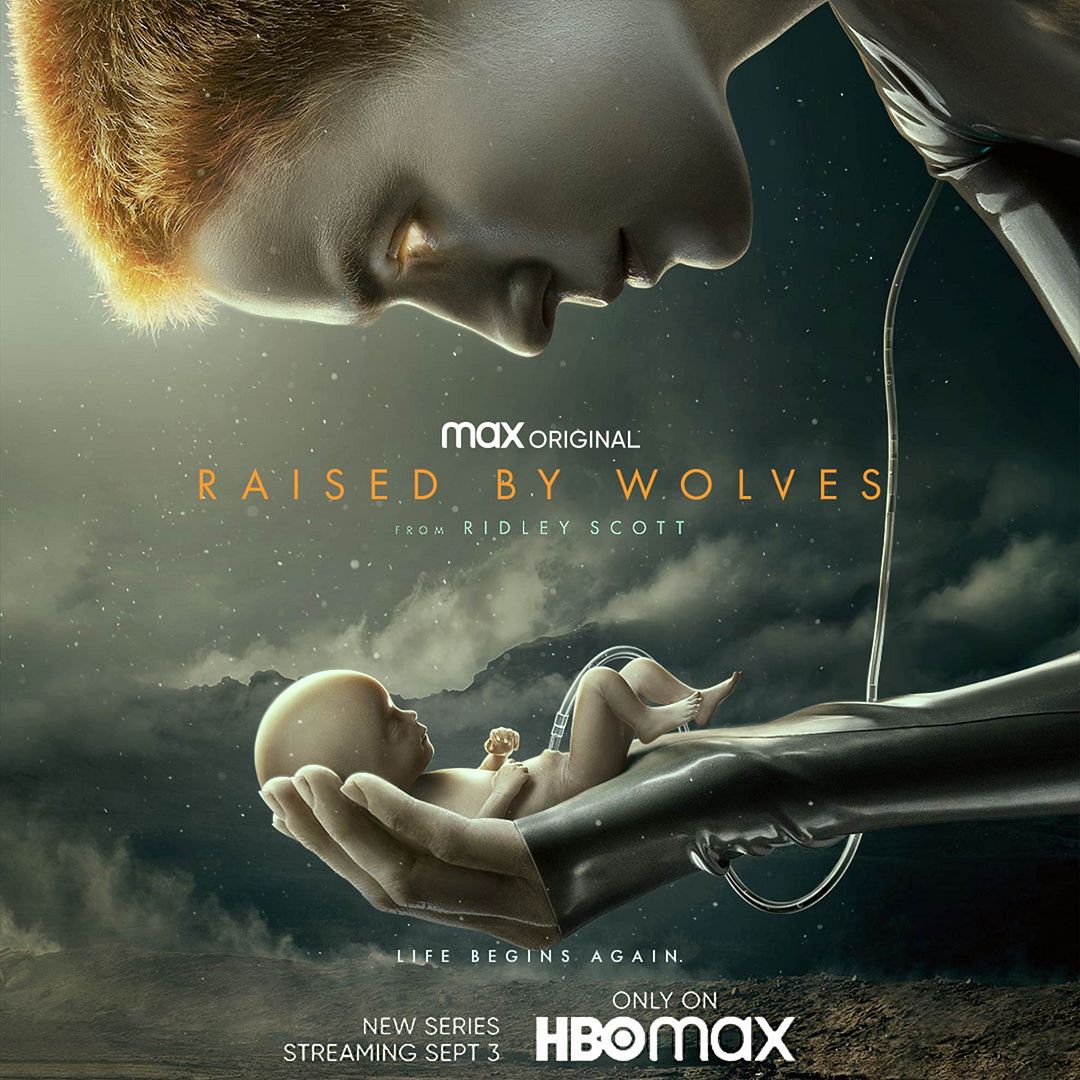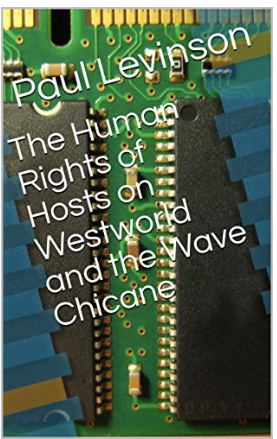
A question I started addressing in the 1980s when I first began considering artificial intelligence was the connection between artificial intelligence and life. Since the only intelligence that we know arose in living beings -- i.e., us, we humans - it struck me that an attempt to develop artificial intelligence truly worthy of the name without first understanding how intelligence arose out of our own DNA was "putting Descartes before the horse" (Mind at Large: Knowing in the Technological Age, 1988, p. 180; or see this if you don't want to read the book). Yet most artificial intelligence, in science fiction as well as our real world laboratories, has proceeded on the basis of non-living circuitry.
In fiction, the monster created by Dr. Frankenstein -- colloquially known as Frankenstein, in Mary Shelley's 1818 novel of the same name -- can be considered the first modern android. It is made of flesh and blood, and has a DNA-developed brain, so there is no reason he and his eventual almost-bride could not have had children -- indeed, it is Dr. Frankenstein fear of creating a species of monsters that gets him to abandon his project of giving the monster a mate. Even in the Boris Karloff movies made over a century later, in which a bride of the monster is created, one catastrophe or another that befalls the "monsters" always preclude them from reproducing. Which makes what was is happening in Raised by Wolves all the more remarkable.
How exactly Mother, now on the way to being a completely biologically apt name for her, came to be impregnated is not completely clear, and she doesn't completely or even mostly understand herself. She had virtual sex with her male human creator in a simulation. Presumably this triggered a fetus that developed from what already was inside her, in contrast to the embryos that were implanted in her and we met in the first episode.
With only one more episode left this season, it will be fascinating to see where this -- "the future of humanity" -- goes. It was good to see Father back to his senses, and all the children together, and Marcus get his comeuppance, though I hope he's not dead, he's too important and well-acted a character. (It occurred to me as an outside possibly that possibly Marcus had sex with Mother at some point after he so nearly kissed her, that we didn't see. Maybe that relates to that look on Mother's face that I talked about in my review last week.) Not likely, I'll be definitely back here next week with some thoughts on the season finale.
See also Raised by Wolves 1.1: Fast Action and Deep Philosophy ... Raised by Wolves 1.2-3: More than Meets the Eye ... Raised by Wolves 1.4-5: Halfway to Dune ...Raised by Wolves 1.6-7: The Look on Mother's Face


No comments:
Post a Comment